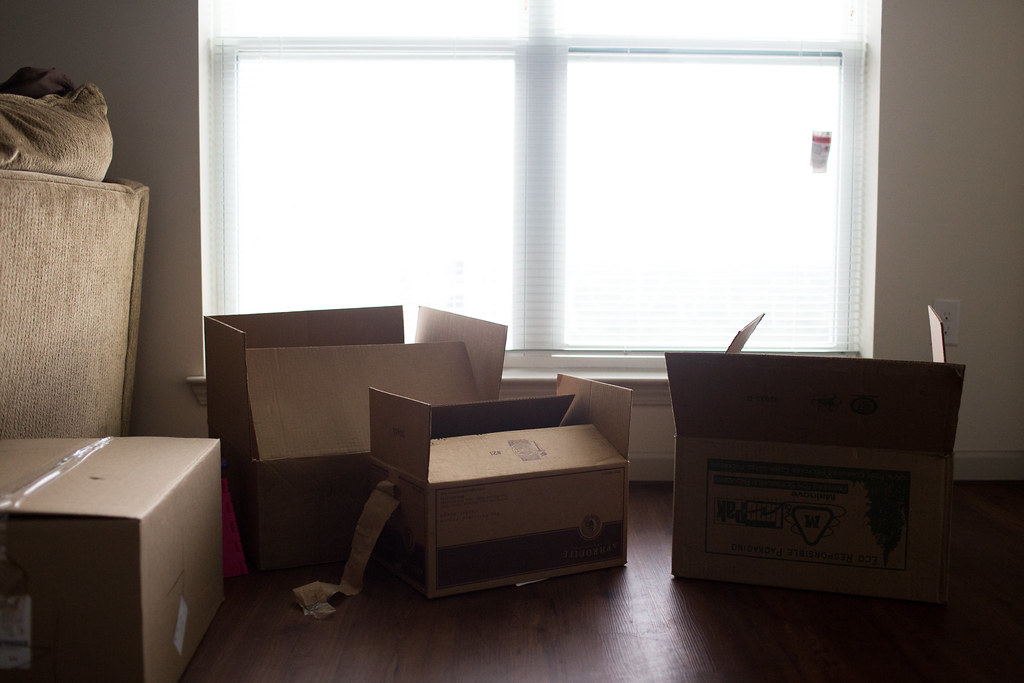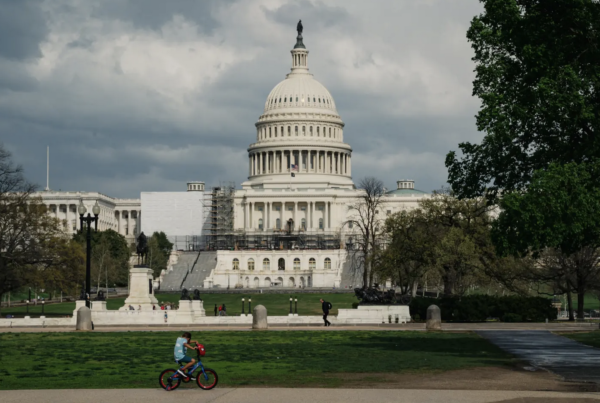The end of federal housing-relief funding, along with cost of living increases, are making times tough for some renters in Texas.
Eviction Lab, based at Princeton University, tracks evictions across the country. The group has found that evictions in the Texas’ largest cities are back to levels seen at the beginning of the pandemic. Emily Lemmerman is a research specialist with Eviction Lab. Listen to the full interview in the audio player above or read the transcript below.
This interview has been edited lightly for clarity.
Texas Standard: Eviction levels are back to where they were at the beginning of the pandemic. How many evictions on a daily basis are we talking here?
So I can speak to it week by week. What we’re seeing, for example, in Houston, is that in the month of April so far, we’ve seen 1,016 filings. Before the pandemic, we would have seen like 650 or so filings. In the month of March, we saw nearly twice as many eviction filings as we would have seen in an average year in Houston before the pandemic. So families are really, really facing the brunt of this, this crisis.
Are there certain cities where the issue seems to be worse? Is there a way to break that down yet?
We are only tracking 31 cities across the country and we are tracking some large cities in Texas. So we have a picture of what’s going on in Austin, Dallas, Fort Worth and Houston. I can’t necessarily say how that measures up to a lot of other cities. But one thing we do see across the country is that evictions are going up much higher than they were during the federal eviction moratorium, which has now ended. And as relief funds have begun to run out, depending on where you are. It just means that eviction filings are way above normal.
Unemployment numbers are nowhere near where they were in the early days of the pandemic, and we’ve seen a steady increase in the number of people who are finding work here in Texas since the start of the year. But the cost of living is certainly going up as well. And then you have factors like inflation and gas prices. Do those play a larger role in people being able to afford to stay in their homes or apartments than just having a job?
That’s something that I can’t necessarily speak to, but one thing we do know is that families will forego lots and lots of other things – we know based on research – in order to pay their rent. So families will go hungry, rack up credit card debt and not pay for things that they need in order to pay rent. We know that it’s one of the expenses that gets paid first.
What could ease the burden for people struggling to pay their rent or mortgages right now?
One thing that I really want to emphasize is that we know that eviction is a cause, not only a symptom, of poverty; it’s something that really drives people into sort of a spiraling future of a bad situation. So the reason why eviction matters so much is that it makes it really, really difficult to rent after you faced an eviction. And it has these huge health impacts on how children perform in school. It has a kind of long-running impact on a person’s life.
And I guess one thing that could be a solution is continued federal assistance. One thing that has worked is providing counsel for tenants who are facing eviction. In Philadelphia during the pandemic, they started an eviction diversion program that led to tenants and landlords having a mediated conversation around an eviction filing. So those are all things that could help improve the situation for tenants. But I think fundamentally, people are just having trouble making ends meet, which means that there’s a need for more funding.













